Spring 2017

This seminar aims to elicit students’ participation in a free-spirited conversation and regain a sense of wonder and intimacy with architecture. The discussion topics will be based on five readings, which are accessible, practical, and poetic. They will offer a generous survey of philosophical and architectural thinking from classical to modern, examining the motives and […]
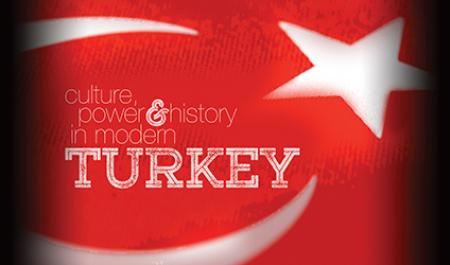
Turkey, one of the world’s most populous Muslim-majority countries, is a member of NATO and has tried to enter the European Union for over ten years. Since 2002 the country has undergone rapid and profound changes under the rule of the Justice and Development Party and its leader Tayyip Erdogan. These changes include a growth-oriented […]
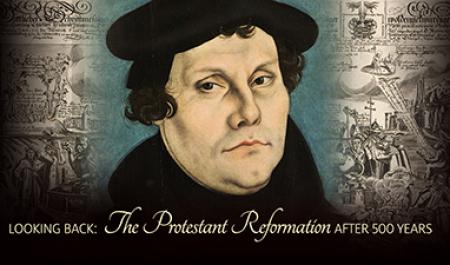
This course surveys the Reformation. Beginning with Europe at the end of the fifteenth century, we discuss why Martin Luther broke with the late-medieval Roman Catholic Church, and explore traditional and novel theologies and ecclesiastical practices. We touch on other actors and movements like the Swiss Reformation (Ulrich Zwingli and John Calvin) and the English […]
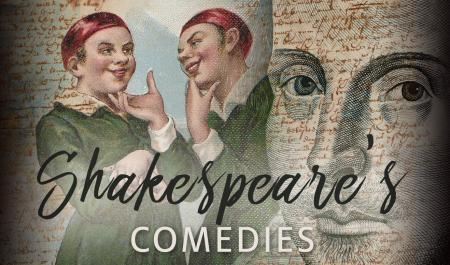
This seminar will concentrate on eight of Shakespeare’s comedies, among them Merchant of Venice, Twelfth Night, Measure for Measure, and The Tempest. The approach will assume that comedy is a genre distinguished not by light-hearted humor or triviality but by structure of plot. The action moves from conflict and separation to resolution and union, and […]

Set decorators call it the art of silent storytelling–how art direction and production design (everything on screen) establish and convey character and story. We examine this “narrative space” through three topics. “Life Stories” that range from personal to epic: class relations in WWI prisoner of war camps (Jean Renoir, La Grande Illusion); a father-daughter relationship […]
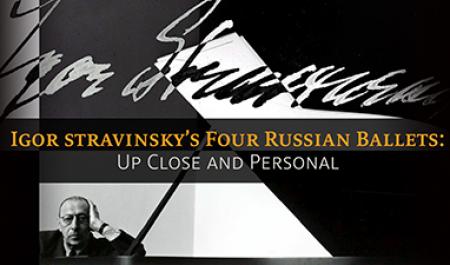
This course explores the background and the groundbreaking stylistic features of Stravinsky’s most famous works: Firebird, Petrushka, The Rite of Spring, and Les Noces. Considered the epitome of early 20th-century composition, these works defined musical syntax for generations of composers. Les Noces, the least known of these works, is a ballet cantata, calling for four […]
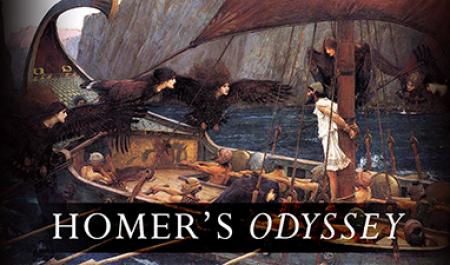
In this course we’ll explore Homer’s brilliant storytelling in The Odyssey: his tales of Odysseus’s struggles to return home after the Trojan War. While the poem highlights the hero’s fantastic adventures, the underlying meanings reflect profound social concerns: female and male identities, and their respective realms and relationships; revisiting The Iliad’s military-centered notions of heroism […]

This course explores works from the postwar era by Jewish and German authors–both writings and films–from East and West Germany and Austria. In these works we will see differences among the three successor states to the Nazis, including the ways people dealt with guilt for Nazi crimes, but also with feeling victimized by the bombing […]
